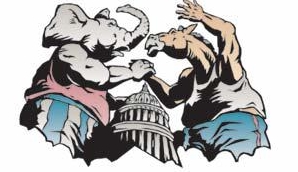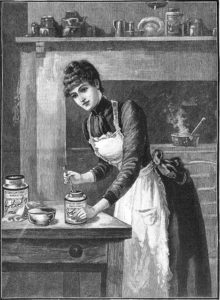Below are several questions to use in kickstarting your book club discussion. These are just the beginning of the questions raised by civil war, The Civil War, the demise of slavery, the various gradations of loyalty to a united United States, conflicting responses to states’ rights, the morality of actions (including vigilantism) during wartime, the disintegration of social bonds and institutions (such as churches, fraternal organizations), the role of women in nineteenth century America. I would love to hear what your club members discussed, whether you drew any conclusions, how ACW affected or informed your view of the war and of mid-century America — anything you came up with!
I’m also available by Zoom (or in person, if you’re in western Oregon) to join your discussion. Use the contact tab on this website; I’ll get back to you.
And THANK YOU for your interest in Agnes Canon’s War.

Jabez felt strongly that keeping the two sections of the United States together as one country was not worth the cost of war. In hindsight, knowing how many people were killed and maimed, do you agree or disagree with him?
 Social institutions—schools, churches, fraternal organizations, political parties, for example—act as a kind of glue to hold a society together. How have those social institutions changed between the 1850s and today? What new organizations do we use to interact with our neighbors? How can social institutions affect an entire nation as opposed to a local society like a village or town?
Social institutions—schools, churches, fraternal organizations, political parties, for example—act as a kind of glue to hold a society together. How have those social institutions changed between the 1850s and today? What new organizations do we use to interact with our neighbors? How can social institutions affect an entire nation as opposed to a local society like a village or town?
 A woman’s role in mid-19th century America was usually seen as preserving the home as a domestic haven and providing children with a moral upbringing. How might that background develop into the role of activist in such areas as temperance and abolition? What might be the advantages and costs of expanding her role beyond the home for such women as Harriet Beecher Stowe, Margaret Fuller and Louisa May Alcott?
A woman’s role in mid-19th century America was usually seen as preserving the home as a domestic haven and providing children with a moral upbringing. How might that background develop into the role of activist in such areas as temperance and abolition? What might be the advantages and costs of expanding her role beyond the home for such women as Harriet Beecher Stowe, Margaret Fuller and Louisa May Alcott?
![Great_Hanging_at_Gainesville,_Texas_-_1862[1]](https://www.deborahlincoln.org/wp-content/uploads/2016/08/Great_Hanging_at_Gainesville_Texas_-_18621-300x254.jpg)